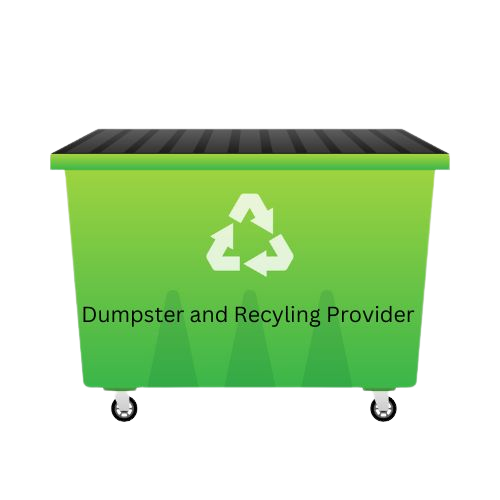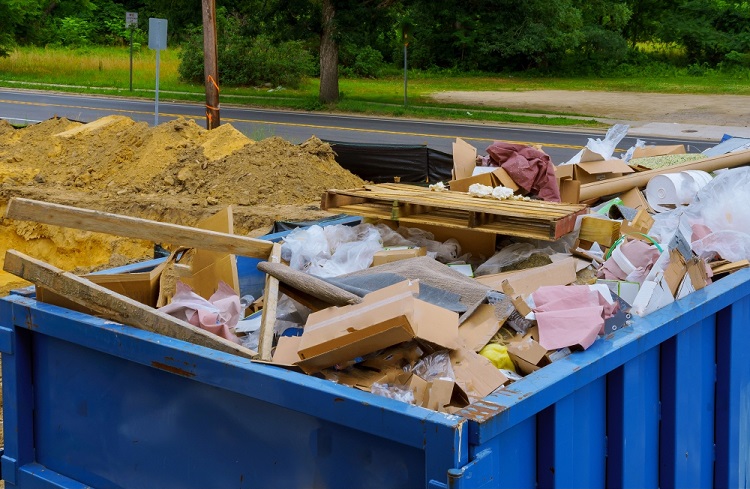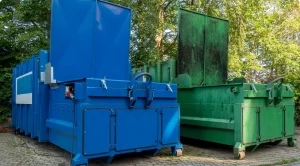Dumpster rental is a crucial service for efficient debris disposal, whether you’re managing a construction project, cleaning out your home, or handling waste from a large event. To master the art of debris disposal through dumpster rental, you need to understand the process, select the right dumpster, and follow proper disposal guidelines. Here’s a comprehensive guide to help you decode dumpster rental:
1. Determine Your Needs:
Assess the type and amount of debris:
Before renting a dumpster, it’s essential to identify the type of waste you’ll be disposing of. This could include construction debris, household junk, yard waste, or even hazardous materials. Estimating the volume of debris will help you choose an appropriately sized dumpster.
Duration:
Determine how long you’ll need the dumpster. Rental periods can vary from a few days to several weeks, so plan accordingly to avoid extra fees.
2. Choose the Right Dumpster:
Dumpster Size:
Selecting the right dumpster size is critical. Common sizes include 10, 20, 30, and 40 cubic yards. Choose a size that matches your debris volume without exceeding it.
Weight Limitations:
Be aware of weight limits set by the rental company. Different materials have different weights, so make sure you stay within the specified limit to avoid additional charges.
3. Research Dumpster Rental Companies:
Reputation and Pricing:
Look for reputable dumpster rental companies with positive reviews. It’s also essential to compare pricing to ensure you get a competitive deal.
Rental Terms:
Verify the rental company’s terms, including delivery and pickup fees, rental duration, and disposal costs. Clear understanding of these terms will prevent surprises.
4. Obtain Necessary Permits:
Local Regulations:
Check local regulations to determine if you need a permit for placing a dumpster on public property or the street. Failing to obtain the required permits can result in fines.
5. Delivery and Placement:
Location Selection:
Choose a suitable location on your property for the dumpster. Ensure it won’t obstruct traffic or cause damage to your property or neighboring properties.
Coordination:
Coordinate delivery and pickup times with the rental company to ensure a smooth process.
6. Load the Dumpster:
Even Loading:
Load materials evenly in the dumpster to distribute weight and prevent overloading, which can damage the dumpster or result in additional fees.
Prohibited Items:
Avoid placing prohibited items such as hazardous waste, electronics, or appliances in the dumpster. These items may require special disposal methods.
7. Safety Measures:
Handling Heavy Items:
Follow safety guidelines when loading heavy or bulky items to prevent injuries.
Caution During Rental:
Exercise caution around the dumpster during the rental period to prevent accidents.
8. Respect Weight Limits:
Stay Within Limits:
Make sure you stay within the specified weight limit to avoid extra fees. If you’re unsure about weight, consult the rental company for guidance.
9. Regular Maintenance:
Clean Area:
Keep the area around the dumpster clean and clear of obstacles for safe and easy access.
Prevent Overfilling:
Avoid overfilling the dumpster; keep debris below the top rim to ensure safe transport.
10. Pickup and Disposal:
Scheduling Pickup:
Schedule pickup when you’ve filled the dumpster or when your rental period expires. The rental company will transport the dumpster to an appropriate disposal facility.
11. Environmental Responsibility:
Proper Disposal:
If disposing of hazardous materials or electronics, ensure they are handled and recycled properly to protect the environment. Follow local regulations and guidelines.
12. Final Costs:
Review Contract:
Before finalizing the rental, review your rental contract to ensure all terms and fees are clear and accurate.
Prompt Payment:
Pay any additional charges promptly to avoid complications with the rental company.
13. Post-Rental Cleanup:
Inspect Rental Area:
After the dumpster is removed, inspect the rental area for any remaining debris or damage. Address any issues or discrepancies promptly with the rental company.
By mastering the art of debris disposal through dumpster rental, you can efficiently manage waste while adhering to safety and environmental guidelines. Proper planning and responsible disposal practices will make the process smoother and more cost-effective.






